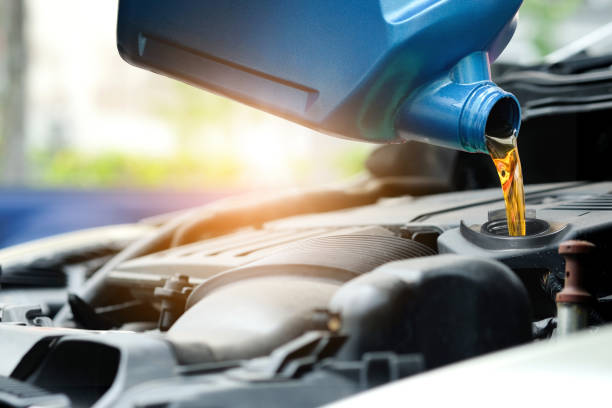May 11, 2024
Do cars burn more oil in summer?
Cars can burn more oil in the summer due to several factors:
- Higher Temperatures: The increased ambient temperature can cause the oil to thin out, leading to more oil consumption. Thinner oil may be more prone to slipping past seals and gaskets, resulting in higher oil consumption.
- Increased Engine Load: During summer, people often use air conditioning more frequently, which puts additional load on the engine. This can lead to higher operating temperatures and increased oil consumption.
- Longer Trips: Summer is a popular time for road trips and vacations, which means cars are often driven for longer distances. Extended driving at high speeds can cause the engine to use more oil.
- Evaporation: Higher temperatures can increase the rate of oil evaporation. Although modern engines are designed to minimize this, it can still contribute to higher oil consumption in extreme heat.
To mitigate these effects, it’s important to regularly check your oil levels, use the recommended oil viscosity for your vehicle, and ensure your cooling system is functioning properly. Regular maintenance and using high-quality engine oil can also help reduce excessive oil consumption.
Does oil in car help with heat?
Yes, oil in a car plays a crucial role in helping with heat management in several ways:
- Lubrication: Oil lubricates the moving parts of the engine, reducing friction. Less friction means less heat generated by the engine components rubbing against each other.
- Heat Dissipation: Oil helps dissipate heat away from the engine components. As it circulates through the engine, it absorbs heat and carries it away to the oil pan, where it can be cooled.
- Sealing: Oil helps to seal small gaps between engine parts, improving compression and reducing the likelihood of overheating due to inefficient combustion.
- Cleaning: Oil also helps to clean the engine by carrying away contaminants and deposits. A clean engine runs more efficiently and generates less heat.
- Corrosion Protection: Oil provides a protective layer on metal surfaces, preventing corrosion that can affect the engine’s ability to manage heat.
Using the correct type and viscosity of oil recommended by the vehicle manufacturer ensures that the engine runs efficiently and is protected from overheating. Regular oil changes and maintaining the proper oil level are essential for optimal engine performance and heat management.

